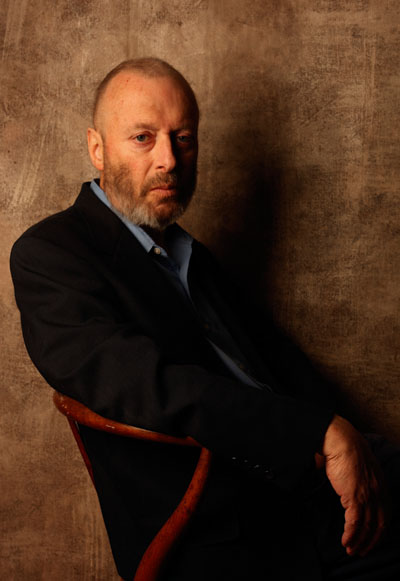We all love Oscar Wilde for saying, with his final breath, ‘I am dying beyond my means’. We love it because it’s funny, but also because it shows that he was dying in character. It matters very much to us that the people we are close to should retain the essence of their natures, until the end. The foibles of the dying are life-rafts thrown to their friends and family: proof that their uniqueness and the force of their personalities are stronger than death itself.
Christopher Hitchens died as he had lived, holding court, boasting, arguing on the side of logic and reason, dismissive of religion and superstition alike; with great intellectual curiosity, wit and panache. This little book was meant to be a longer one, but death came sooner than he had bargained for. His own words are augmented by an amusing foreword by his friend Graydon Carter and a sad, brave afterword by his widow, Carol Blue.
Hitchens is famous for a number of reasons. He was a public intellectual and professional contrarian, the leftie who jumped ship by publicly supporting the American war in Iraq; the man who loathed Mother Theresa of Calcutta and wrote an angry book about her boss, God Is Not Great. Hitchens was a charmer and a talker and a lover of drink, women and poetry. He was well-known too, as the best friend of Martin Amis, and numbered Ian McEwan, Richard Dawkins, Stephen Fry and Salman Rushdie among his close circle.
Here he describes his abrupt passage, once cancer had been diagnosed, ‘from the country of the well across the stark frontier that marks off the land of malady . . .
The new land is quite welcoming in its way. Everybody smiles encouragingly.’ He soon finds that ‘the country has a language of its own’, a language he dislikes for its dullness and difficulty.
Like many patients, he grows to dread the euphemistic ‘discomfort’, which of course means pain. ‘You feel swamped with passivity and impotence: dissolving in powerlessness like a sugar lump in water.’ Later he argues against prayer: if god (no capital letter allowed) is perfect, then requesting any change in the status quo, which is one of the main aspects of prayer, must be a kind of blasphemy. If, on the other hand, everything is pre-ordained from on high, prayer is futile and flies in the face of god’s will.
Hitchins takes issue, too, with Nietzsche’s dictum: ‘Whatever doesn’t kill me makes me stronger’. Instead he finds: ‘There are all too many things that could kill you, don’t kill you, and then leave you considerably weaker.’
It is marvellous that Hitchens manages to be funny and engaging and exasperating, when most of us would be flat on our backs from chemo and radiotherapy. I especially loved him for being bumptious: there’s a lot of trouncing and talk about sell-out book tours and conquering audiences. He describes his own chest-hair as having been ‘the toast of two continents’, before adding, ruefully: ‘If Penelope Cruz was one of my nurses, I wouldn’t even notice.’
And yet. Christopher Hitchens must have been dazzling in a drawing room or at a dining table, but in the game of intellectual hopscotch he busies himself with in these pages, he often jumps over the chalk-line in the playground which separates the tease from the sneer. When this was at a party or debate, in the service of his considerable verbal agility, it must have been tremendous fun. But on a death bed? Is this the moment to mock people who pray, or send flowers, or say the wrong thing, trying to be kind? It made me recall the dying Dennis Potter’s lovely remark about the blossom outside his window never having seemed so beautiful; so fully, poignantly blossomy. In Christopher Hitchens view, there seems to be no place for the consolation of nature, no sense of wonder. Atheism need not preclude awe, after all. ‘Always prided myself on my reasoning faculty and my stoic materialism. I don’t HAVE a body, I AM a body’, he insists. But, in the end, is a body enough?






Comments